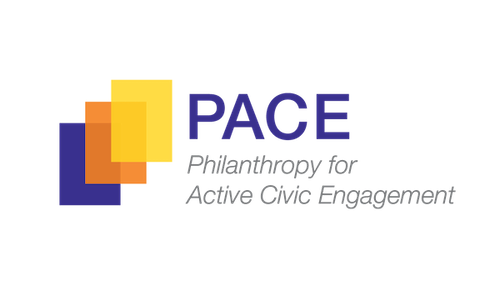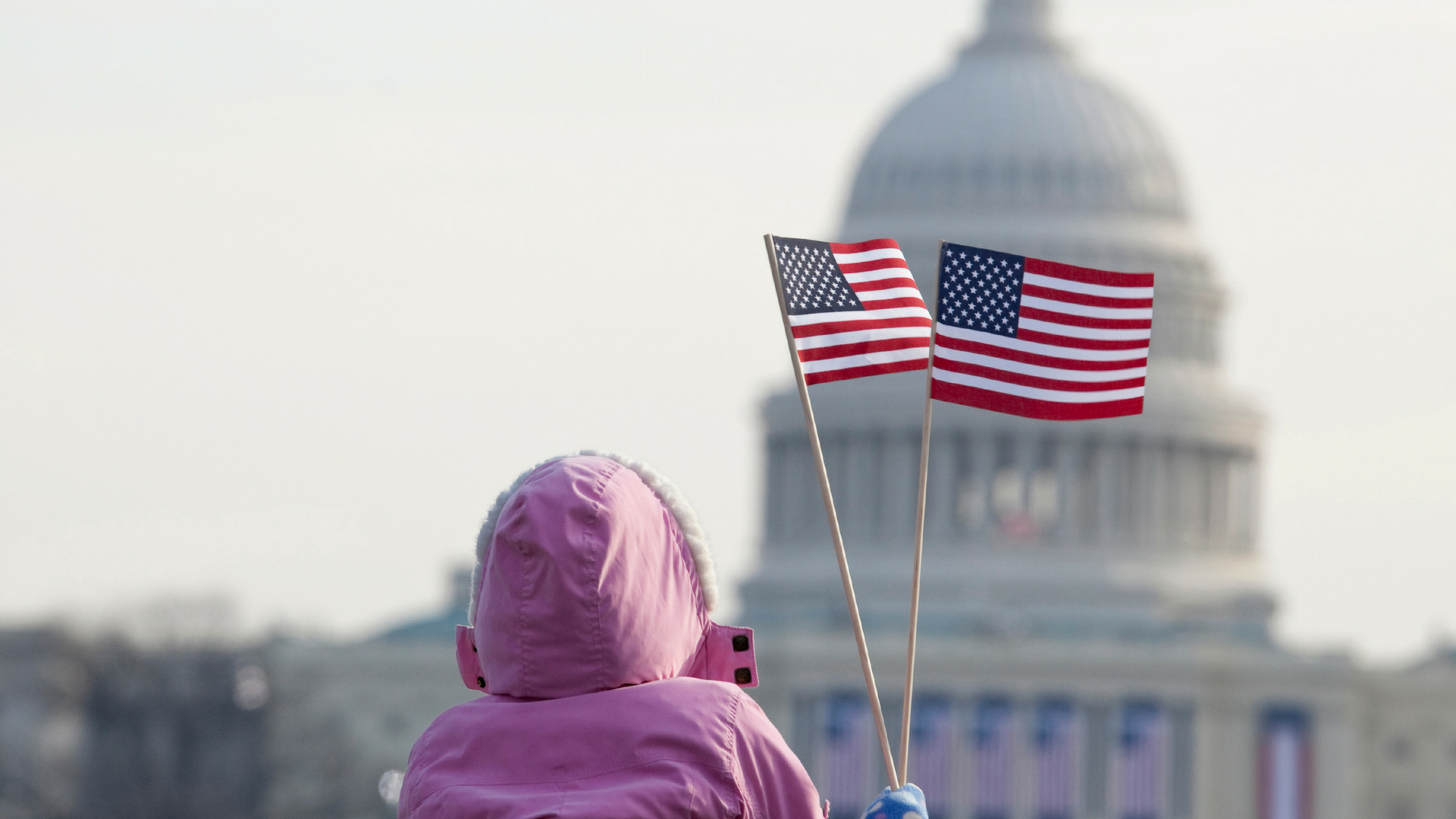As a philanthropic laboratory, PACE has focused its learning and experimentation on three learning streams. One of those streams is bridging and polarization, and learning and experimentation in this area feels like some of the highest work we can do right now as a community.
As we started to lean into this learning stream, one of the things we quickly realized was that the ways we often think and hear about “bridging and division” can be oversimplified and miss a lot of the nuance and complexity. So, borrowing a phrase (and a spirit of engagement) from our friends at the Solutions Journalism Network, we decided to try to “complicate the narrative” about the problems and their potential solutions.
Below is an overview of the ways we have worked to bring this to life so far.
Complicating the Narrative on Bridging and Division, Spring 2021
This was a conversation series presented in partnership between the Center for Effective Philanthropy and PACE, which led to the release of these pieces on the topic:
- Complicating the Narrative on Bridging and Division: A New Series from CEP and PACE, Kristen Cambell, PACE
- To Bridge Our Division, We Must Overcome the Zero-Sum Mindset, Wendy Feliz, Center for Inclusion and Belonging at the American Immigration Council
- Building Community Resiliency to the Polarization Industrial Complex, Andrew Hanauer, One America Movement
- Out of Many, One, Claudia Cummings, Indiana Philanthropy Alliance
- To Bridge Divides, Act with Urgency — and Self-Awareness, David Eisner, Convergence Center for Policy Resolution
- The Hard Work of Democracy: A Case for Leisure, Eric K. Ward, Western States Center
- WEBINAR: Are We Better Off Divided? Philanthropy’s Role in Moving America Forward
- SUMMARY: Are We Better Off Divided? It’s Complicated, Amy McIsaac, PACE

Learning from the Lived Experience of Toxic Polarization with Megan Phelps-Roper, August 2021
In partnership with the Reagan Institute as part of its RISE Summit, PACE hosted a private roundtable with Megan Phelps-Roper, author and activist who left Westboro Baptist Church and became an advocate for the people and ideas she was taught to despise. This discussion illuminated many insights and opened us up to deeper learnings related to toxic polarization and division in the United States.
A Deep Dive on High Conflict with Amanda Ripley, December 2021
The reflections in this piece are inspired by an event PACE hosted with Amanda Ripley, author of High Conflict: Why We Get Trapped and How We Get Out, which touched on such topics as the difference between “good conflict” and “high conflict,” how the latter relates to toxic polarization and hyper partisanship, the ways that high conflict is a system not a feeling, the role of humiliation in turning up the temperature on high conflict, the ways that turning down the temperature on high conflict requires us to go against our instincts and intuition, and the presence of “conflict entrepreneurs” in our democracy.
Political Violence in 2021: How did we get here? How do we move forward?, February 2021
In a guest post on our blog, Laura Livingston and Rachel Brown from Over Zero–an organization focused on preventing identity-based violence and other forms of group-targeted harm– break down the deeply rooted and mounting risk factors of political violence, outlines the priorities for action across issue areas, and discusses how these challenges intersect, influence, and even compound one another.
Where do we stand, one year after the January 6th Capitol insurrection?, January 2022
As a follow-on piece, Laura Livingston and Rachel Brown from Over Zero provide an in-depth look at where we are one year after the Capitol insurrection, as well as an urgent call to philanthropy for action: “So, where are we, one year after the January 6th Capitol insurrection? The answer to that question implicates a complex web of cultural and political factors. But the answer is also strikingly simple: We are in a moment of risk that will not evaporate on its own. Our path forward hinges on our willingness to invest across key priorities and at a scale that reflects current risk levels.”
What Could We Imagine? The U.S. As a Country That Comes Together After Divisive Elections, May 2021
As part of PACE’s Imagination Sprint series, a group of PACE Members dug into the 2020 Election, explored the themes of “unity” and “coming together” in today’s political climate, grappled with whether Americans have shared aspirations anymore, and imagined new ways that could make elections in the United States less divisive.



